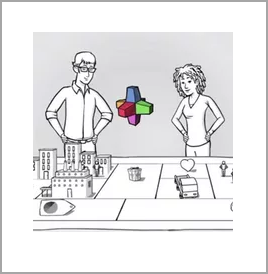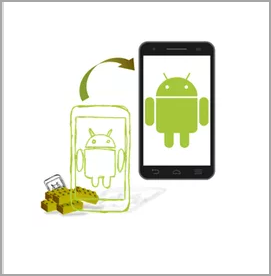Imagine teaching a course and having to do little—or even no—grading. Now imagine that that course still leads the students to clearly demonstrate their mastery of complex material. That kind of course exists: Coursera’s Project-centered Courses.

Project-centered courses introduce students to concepts they can practice, from developing a business model to designing a comic. The instructors describe and demonstrate the building blocks of the projects and let the students practice the initial concepts. These practice projects are uploaded to the course and undergo peer review, using a rubric developed by the instructor. If the student’s initial practice project elements are inadequate, the peer review feedback can provide suggestions on what they need to do to improve. The students can resubmit revised versions until they demonstrate mastery of the necessary concepts.
Once the students understand the project building blocks, they’re asked to use them—or the skills they developed in making them—to create a final project. This project will also be assessed via peer review (providing peer review is one of the course requirements). Unless there’s an unusual dearth of students to review their peers’ work, the instructors will not need to contribute beyond instruction and setting up a solid assessment rubric.

The final project could be a template for professional work, such as writing an email or memo. It could be a creative work, such as a pilot episode for a television series. It could even be a mobile app that students can use themselves and share with others. Whichever course they choose, students who pass the course will have more than a certificate—they’ll have an item they made that proves they’ve mastered the course’s skills. And that’s awesome!

